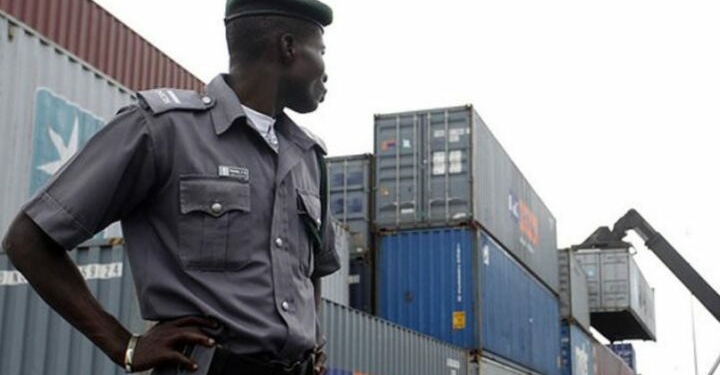- Malanta Yusuf, representing the customs boss, emphasized the adoption of VR and TRS technologies as initiatives to streamline cargo clearance and bolster trade in Nigeria
The Nigerian Customs Service is actively exploring advanced Artificial Intelligence to combat smuggling and enhance trade at seaports and land borders.
Adewale Adeniyi, the Comptroller-General of Customs, revealed this during the unveiling of the Time Release Study service at a workshop on Virtual Reality Technology organized by the World Customs Organisation.
Malanta Yusuf, representing the customs boss, emphasized the adoption of VR and TRS technologies as initiatives to streamline cargo clearance and bolster trade in Nigeria. TRS, a globally recognized tool by WCO, is aimed at facilitating the efficient clearance of goods from arrival to physical release.
The comptroller-general said, “Today, we are joining other Customs administrations in the world that have embraced the tools developed by the World Customs Organisation to promote the growth of international trade.
“The WCO remains steadfast in its commitment to advancing customs procedures through various instruments and tools, such as the Revised Kyoto Convention and the WTO Trade Facilitation Agreement.
“Among these initiatives is the Time Release Study developed to provide comprehensive insights into customs operations’ efficiency as the TRS in Nigeria, starting with Tincan Island Port, serving as the pilot location.”
According to Adeniyi, the TRS method is a systematic and standardised approach used to measure the total duration of time from the arrival of goods at the customs border until their release.










Discussion about this post